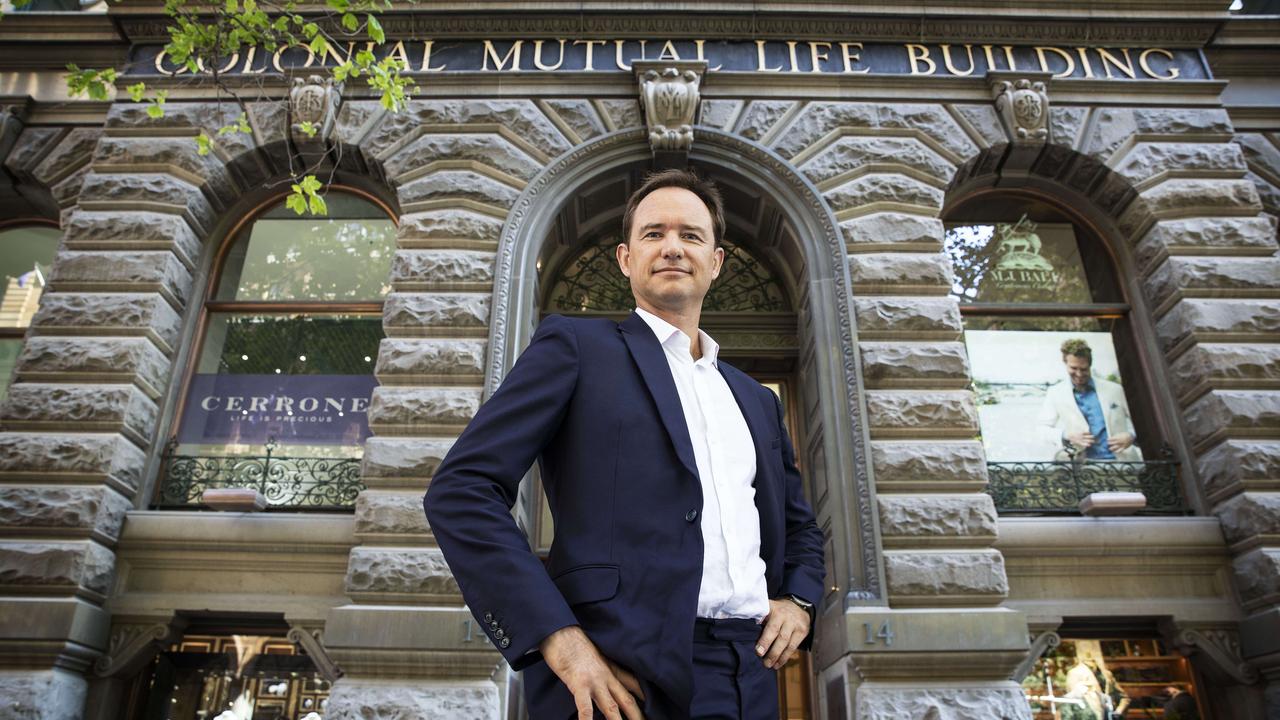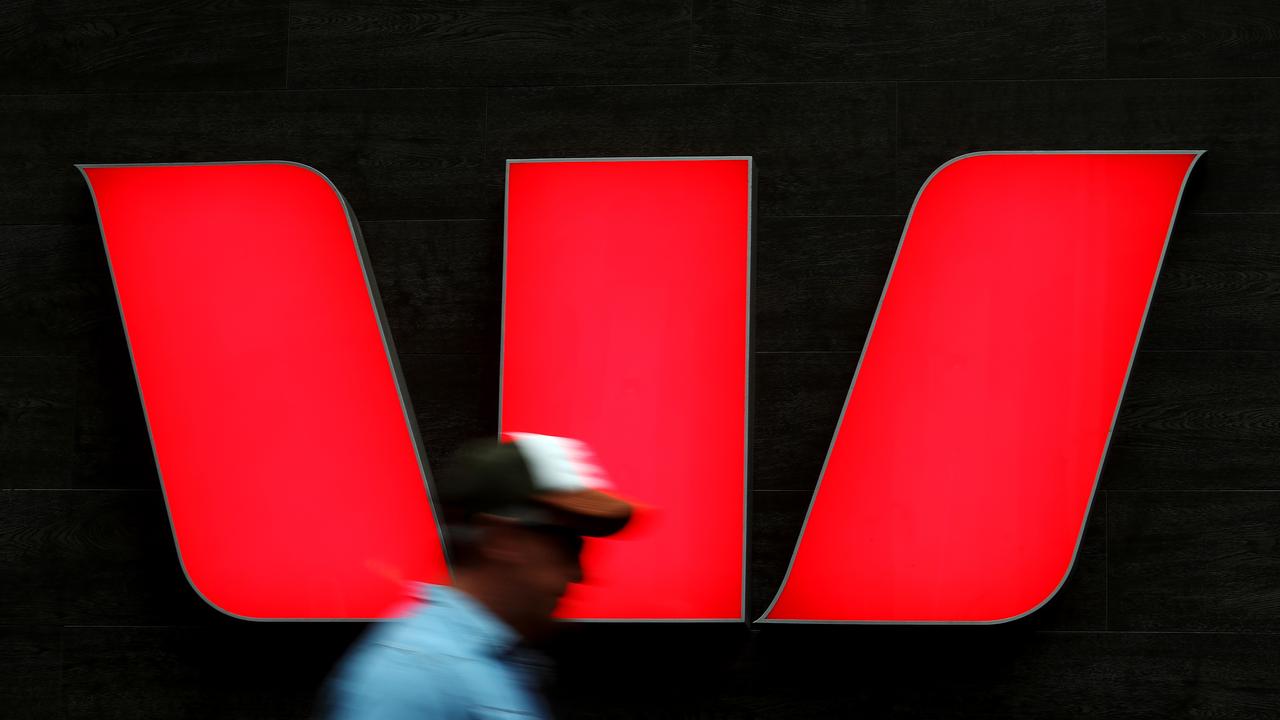CBA’s Ian Narev emerges completely unscathed from banking inquiry
Canberra was supposed to set a new accountability benchmark. Instead, the worst Narev endured was some name calling.
As Canberra’s chosen sacrificial lamb for the banking industry, the worst Ian Narev had to endure in his parliamentary grilling on Tuesday was a bit of harmless name-calling by Matt Thistlethwaite.
At one stage, the Labor Party MP reached deep into his soul and branded Commonwealth Bank’s treatment of some CommInsure and financial planning customers as “sneaky and unethical”.
A few more focus groups might have steeled Labor to vilify CBA’s behaviour as “outrageous”, even “appalling”.
Instead, Narev, who started nervously, emerged completely unscathed from a three-hour inquisition that was supposed to set a new benchmark for industry accountability.
Bill Shorten, who continues to play the politics masterfully, laid the groundwork for an inevitably poor outcome, which does nothing to advance his quest for a royal commission.
The opposition leader said on Monday that no “soft-touch, whitewash parliamentary committee” was going to get in the way of a mother-of-all royal commissions.
But seriously, how long is it going to take before our legislators accept that, yes, banks are imperfect institutions and they make mistakes, but the true test of culture is how well those mistakes are remedied.
CBA has learnt a lot in that regard, and Labor did its best yesterday to parade more victims before the committee, each of them with tragic stories to tell.
However, the irony shouldn’t escape anyone that the bank itself raised its hand, volunteering that the flow of embarrassing cases would continue.
Narev said some would involve significant compensation payments, given the scale of CBA’s business and the time that’s elapsed.
Depending on your view, this will either be taken as confirmation that the bank has deeply entrenched problems that can’t be fixed, or it’s serious about “putting things right”.
Competition, as expected, featured strongly in the hearing, whether it was persistently high credit-card interest rates despite the cash rate plunging to an all-time low, or the record business-lending spreads over the benchmark rate.
The industry’s return on equity is also at a world-leading level, with the notable exception of the similarly structured Canadian banking industry.
On the latter point, Narev noted that CBA’s ROE had plummeted almost 600 basis points from 22.1 per cent in 2007 to last year’s 16.5 per cent.
Part of the reason is that the bank is holding $5 billion more capital against its home-lending portfolio due to global regulatory reforms.
The CBA chief declined to reveal the bank’s ROE on its home-loan book on the grounds of commercial sensitivity.
Suffice to say, it would be much higher than the 16.5 per cent average.
As for interest-rate settings, there was no argument that holders of credit-card debt are getting pinged with a very high rate, in some cases greater than 20 per cent, depending on the product and whether the debt relates to a purchase or a cash advance.
The point made by Narev and his offsider and chief risk officer David Cohen was that the bank measured risk over the duration of the cycle, not just in the current environment when default rates were extremely low.
To suggestions that a 21.4 per cent credit-card interest rate on a cash advance was “gouging”, Narev said credit card debt over the course of an economic cycle was the riskiest exposure held by the bank “by some degree”.
When the cycle turned, the card portfolio could very quickly become loss-making.
The same principle applied to business credit, and if there was one lesson to be learned from the financial crisis it was that risk had been chronically underpriced.
Of course, that doesn’t adequately explain why business lending spreads are currently so wide.
But neither would it justify, as Narev pointed out, the “very dangerous” step of regulating bank profitability when conditions were favourable.
“I don’t want to be sitting here wondering why banks are struggling because regulations were put in when times were better,” he said.
Overall, it was the kind of polished performance that investors and analysts have come to expect from the CBA chief, even as the business and regulatory environment becomes more challenging.
The truth is the committee failed to lay a glove on him, or the industry.
ANZ’s Shayne Elliott is next up.







To join the conversation, please log in. Don't have an account? Register
Join the conversation, you are commenting as Logout